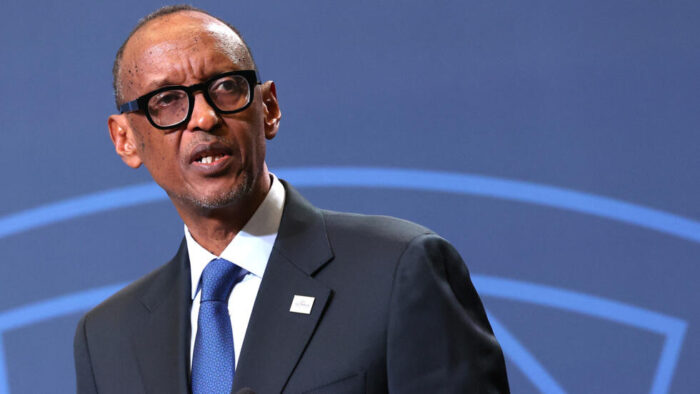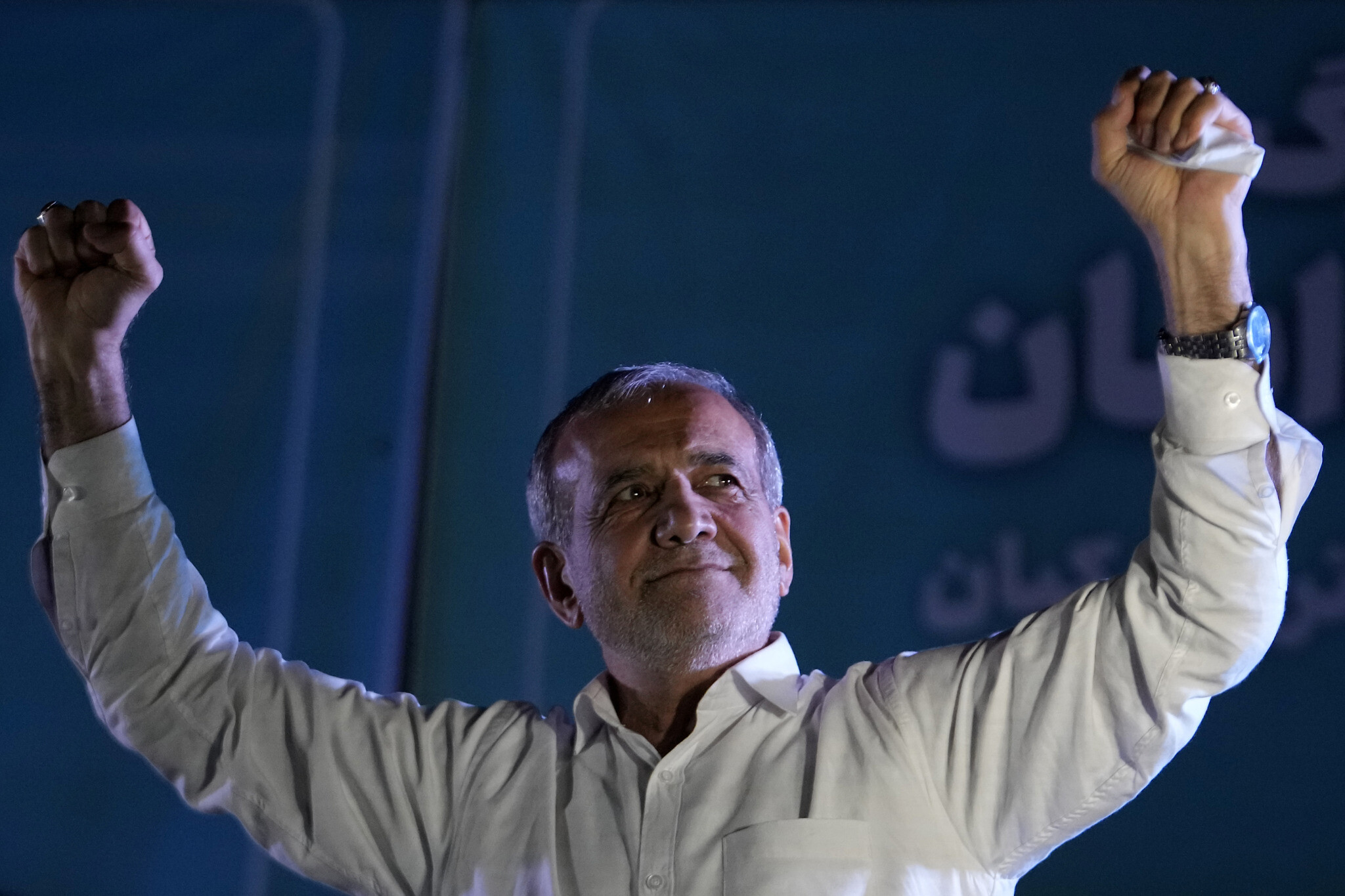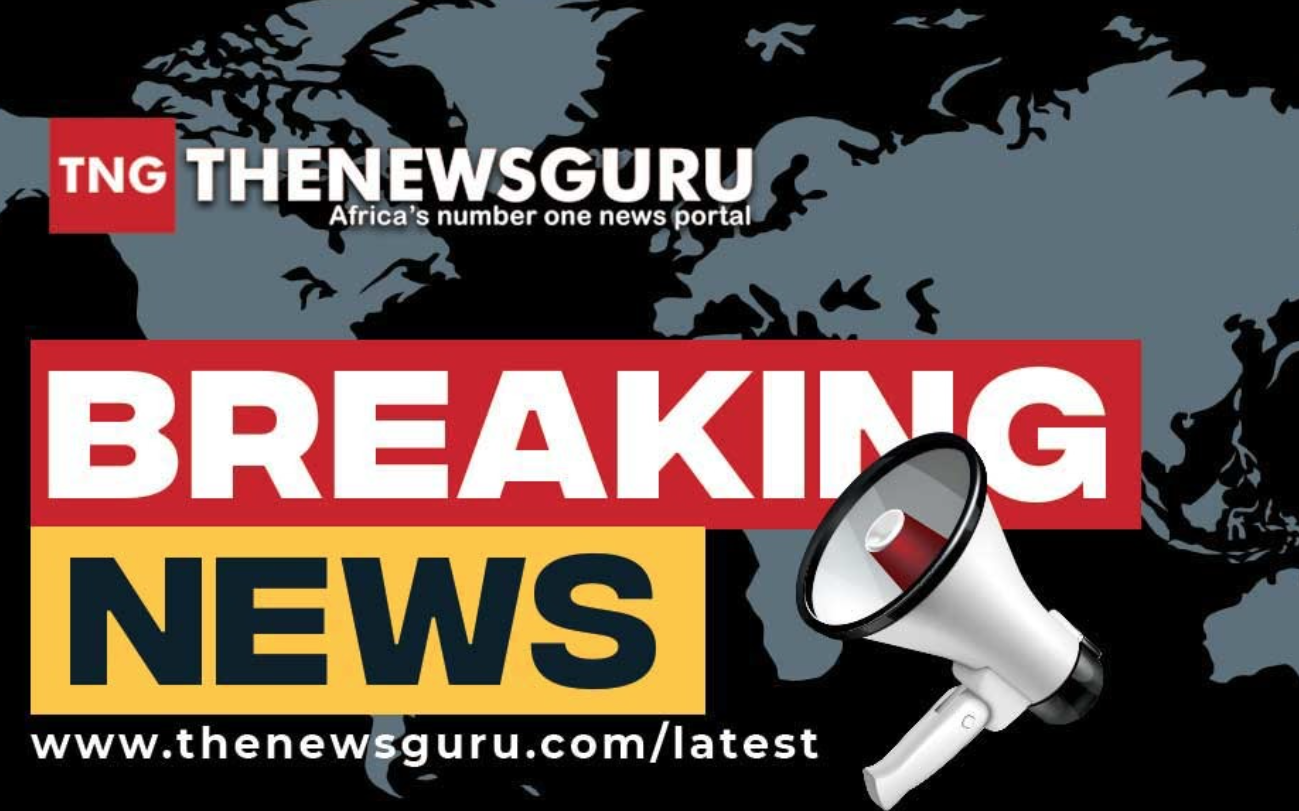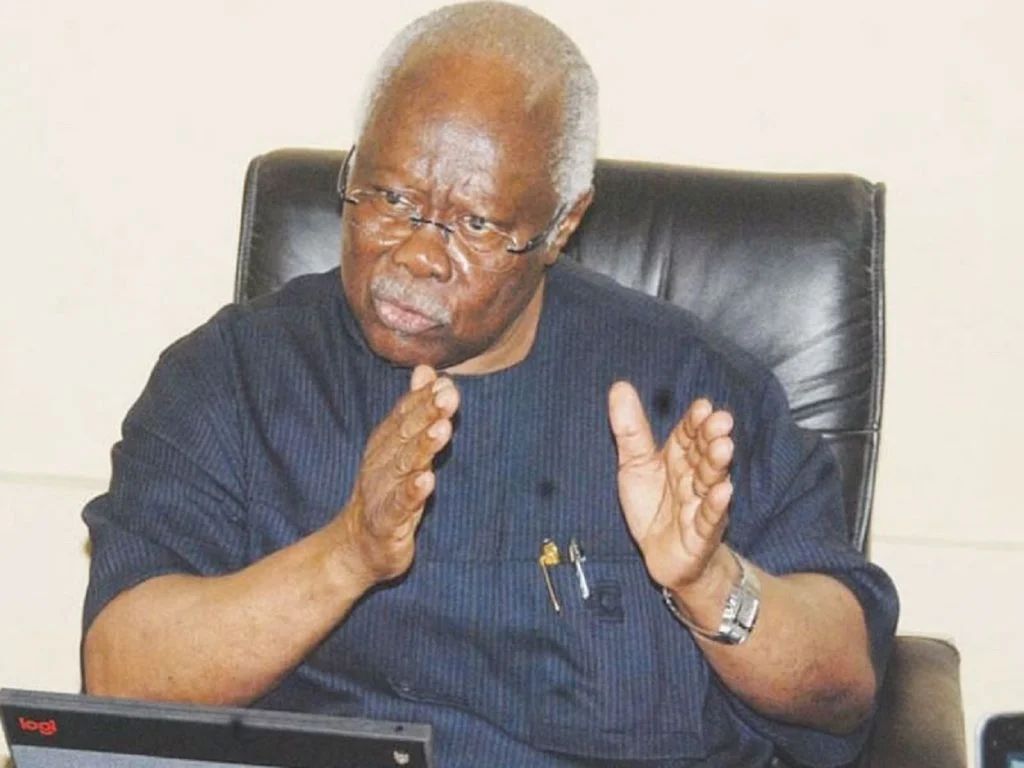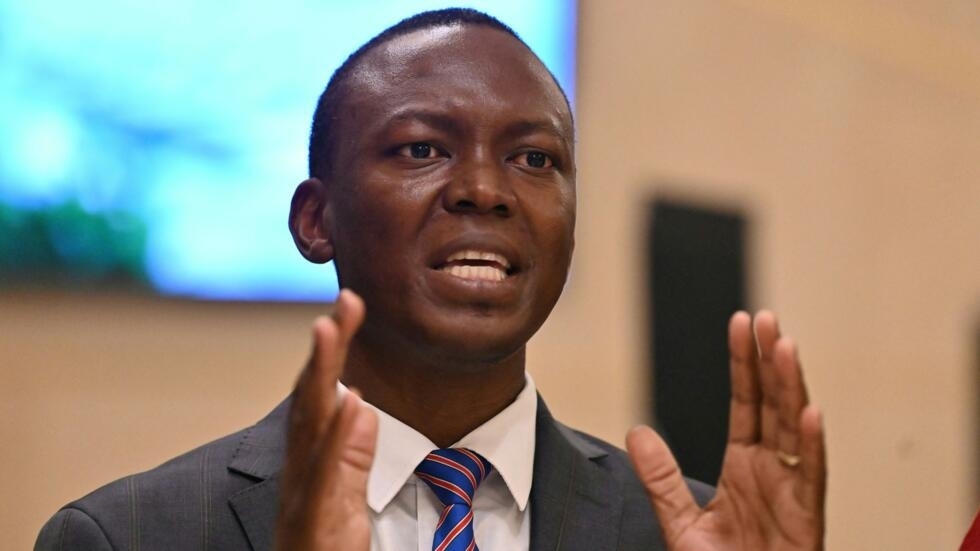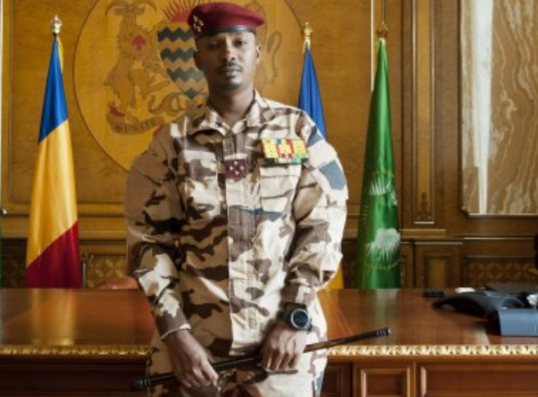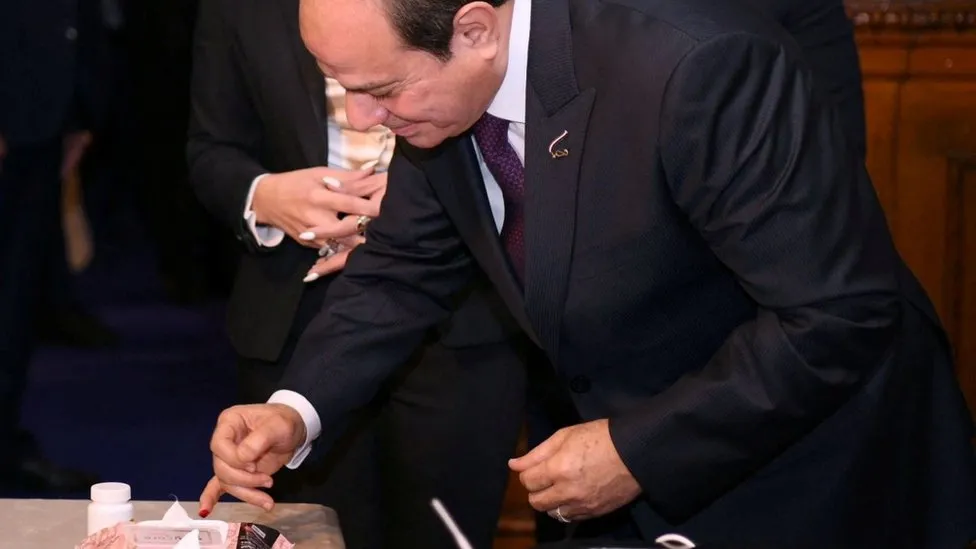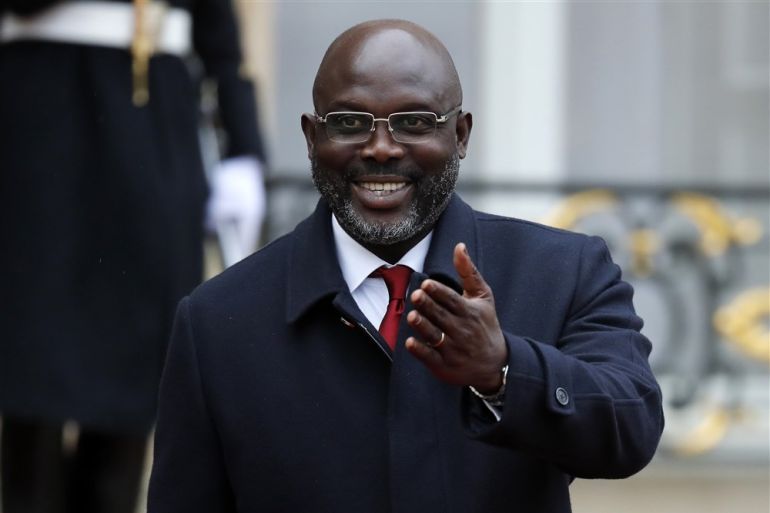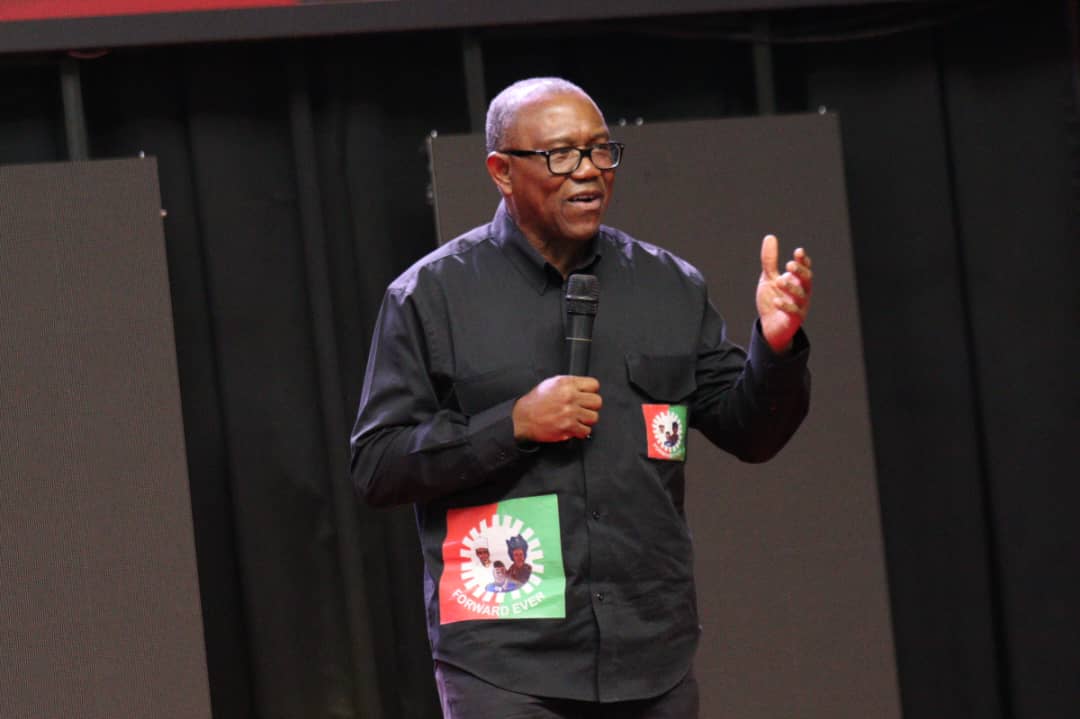Chief Bode George, a former Peoples Democratic Party(PDP) National Deputy Chairman, says the party must stick to its power rotation grundnorm between the North and South to win in 2027.
George said this while fielding questions from newsmen during his address to the nation, titled “My Thoughts on The State of Our Country in the Last 25 Years: A Time to Chart A New Direction”in Lagos .
He was reacting to a recent statement made by former Vice President Atiku Abubakar and PDP 2023 Presidential candidate that he would drop his ambition in 2027 if the party decides to pick its candidate from the South East.
Abubakar,who made the comment after a meeting with the Labour Party Presidential candidate in 2023,Mr Peter Obi , said if Obi returns to PDP and the party zones the presidential ticket to the South East in 2027 ,he would drop his ambition and support him.
George said power rotation must be sacrosanct, adding PDP should have learnt its lessons from the defeat of 2023.
He said: “Our party has a grundnorm. The constitution of our party as compiled by the founding father, Baba Ekwueme (former Vice President Alex Ekwueme) and his team will remain a guiding light.
“We have paid a big price for not following the rule. We have made mistakes, let us learn. It has cost us too much.
“Section 7 sub section 3C states very clearly that the party must adhere to the zoning and rotation procedures for party positions and elective positions simultaneously for things to work well.
George, a PDP Board of Trustees (BOT) member, said that power rotation, as embedded in the party’s constitution,was to guard against any situation that might bring back the military to power.
He said that the party’s founding fathers divided the country into six geo-political zones to capture the majority and minority tribes and give all a sense of belonging.
“This is because the problem since 1960 is between majority tribes and minority tribes.
“The majority tribe will have their way, but the minority will just be mere onlookers. That was the major cause of coups and counter coups,” he said.
According to him, the party’s founding fathers came up with the idea that the top six positions in the land be shared by the six geo-political zones for equity and justice.
He listed the positions as offices of the President, Vice President, Senate President, Speaker of the House of Representatives, Secretary to the Government of the Federation and Chairman of the party.
He added: “They (founding fathers) agreed that every eight years, all the positions held by northern zones should come to the south zones, vice versa for rotation.
“The party does not micro zone. That idea was very refreshing and what kept democracy alive then.
“The moment we (the PDP) started tinkering with that idea officially against our grundnorm, that was what created division in PDP.”
He said that Abubakar’s micro zoning comment under which he would he would stay clear of contest, was not known to the party’s constitution.
George said: “I want to appeal to him, in the interest of millions of Nigerians, and those who are still coming, to allow this nation rise.
“The party cannot tell anybody not to contest because it will run foul of the members’ fundamental human rights ,but the party must definitively state that the number one is going down (South) or Up (North) depending on who has held it.”
He said that after President Buhari had spent eight years, it was normal for lovers of justice and fairness to recognise that it was the turn of the South to use same two-term tenure.
“If PDP had adhere to its grundnorms, the party will still be in Aso Rock Villa today.
“This is because if you add the votes garnered by Mr Peter Obi of Labour Party, Sen. Rabiu Kwankwaso of New Nigeria People’s Party, and those of Abubakar of PDP together in the 2023 general elections, the PDP would have won.
“I am praying, one is not getting younger, as long as I live, I want us to follow the Constitution that the founding fathers gave us.
“But if we continue to manipulate things, I hope we have learnt our lessons because a divided house will remain a defeated house,” he said.
On the crisis at the Lagos chapter of the PDP, George said that it was not a big crisis.
He said the problems at the chapter were being caused by some individuals “just looking for positions”.
